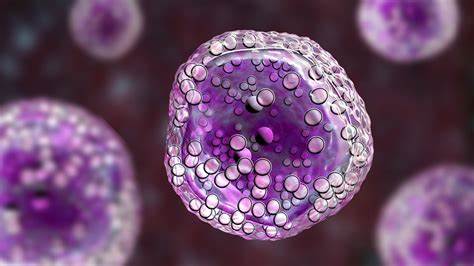
image credit- shutterstock
Cellino, a biotechnology company pioneering autonomous biomanufacturing for personalised regenerative medicine, has announced its expansion into the Asia-Pacific region through a strategic collaboration with Karis Bio, a leading South Korean cell therapy biotech. The partnership aims to industrialize the world’s first clinical-stage autologous induced pluripotent stem cell (iPSC)-derived cell therapy for peripheral artery disease (PAD) and coronary artery disease (CAD).
The collaboration is set to accelerate the development of Karis Bio’s innovative autologous iPSC-derived endothelial cell (iPSC-EC) therapy designed to generate new blood vessels in ischemic organs. Karis Bio’s first-in-human clinical study in South Korea leverages patient-specific iPSCs to restore blood flow and repair damaged tissues, offering patients a revolutionary alternative to conventional invasive procedures such as stents or bypass surgery, while eliminating the risk of immune rejection.
Cellino’s Nebula platform will enable scalable, high-quality production of autologous iPSCs, accelerating Karis Bio’s path to commercial scale. The Nebula platform is a closed-cassette, advanced biomanufacturing system that is both autonomous and deployable at the point of care, ensuring robust, reproducible, and contamination-free production. The initial phase of the collaboration focuses on industrialising autologous iPSC manufacturing, with plans to expand into Phase 2 trials through Karis Bio, USA (headquartered in Atlanta) in the US.
This collaboration marks Cellino’s inaugural expansion into the Asia-Pacific region and underscores its global vision to make autologous cell therapies widely accessible. By integrating AI-driven automation, robotics, and high-throughput biomanufacturing, Cellino and Karis Bio are poised to accelerate the development of personalised regenerative medicines for patients with cardiovascular disease.




